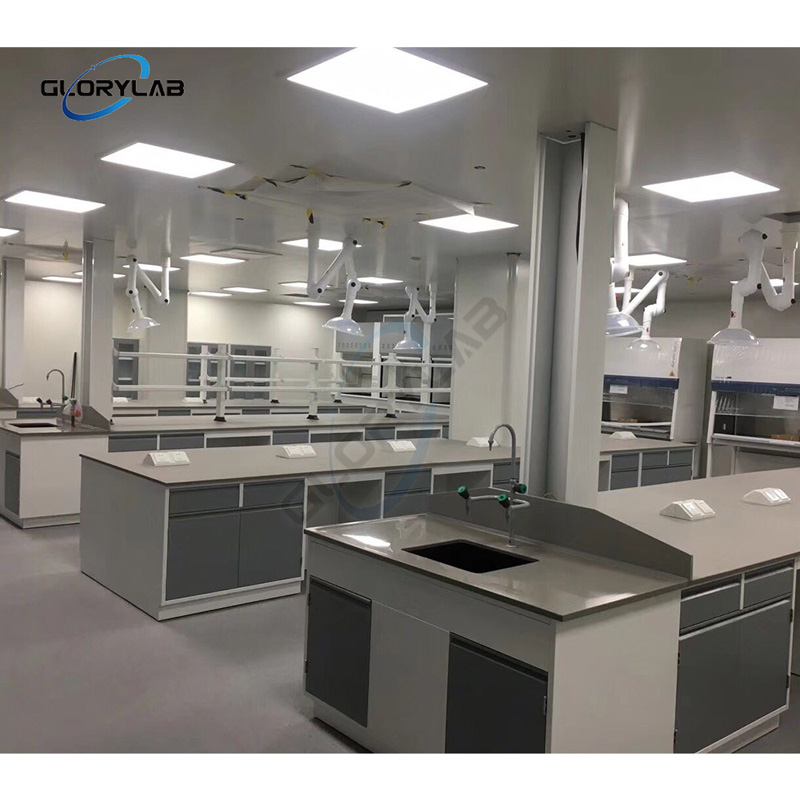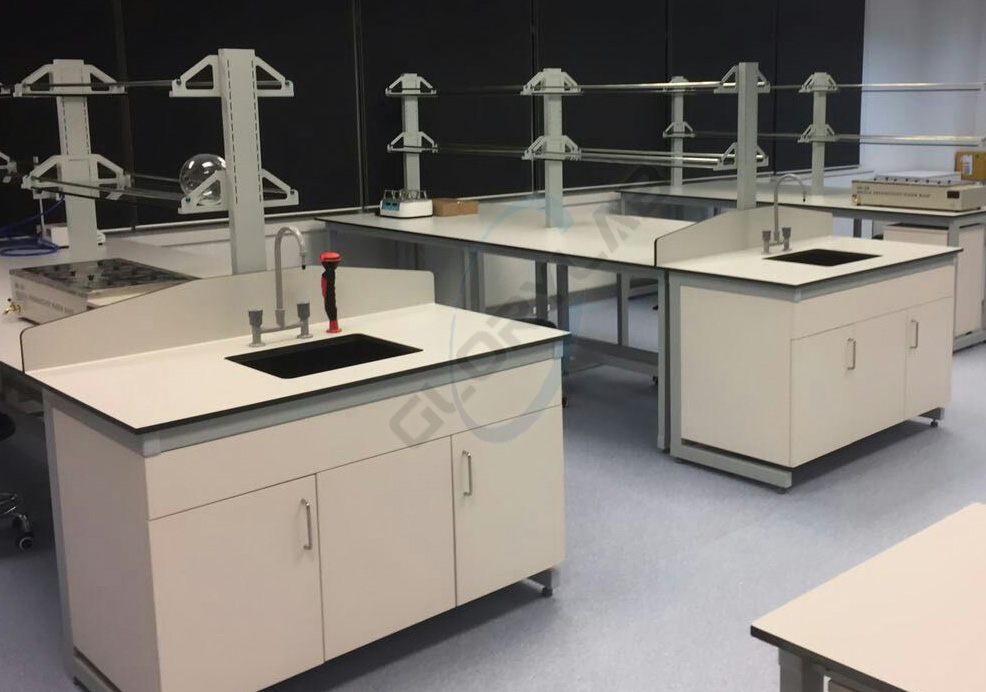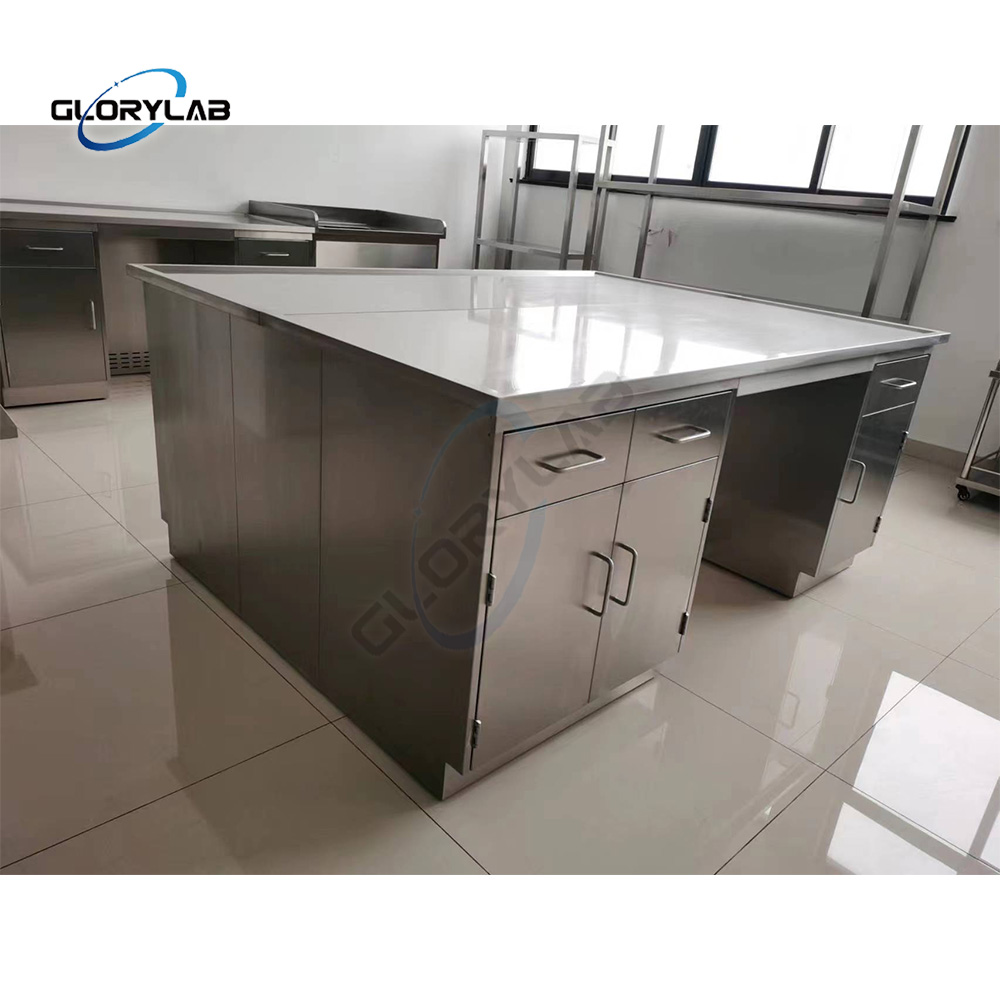Multiple Laboratory Benchtops and Lab Table Tops
2024-11-17
Laboratory benchtop or lab table top is the most important part of the laboratory furniture and it should also be choosed according to their own experimental requirements.
Varieties of Laboratory Benchtop and Table top
Phenolic resin countertop:
made of kraft paper, colored paper, and special surface soaked in phenolic resin, it has the characteristics of moisture resistance, scratch resistance, and impact resistance, and is suitable for laboratories that require acid and alkali resistance. It’s the most popular laboratory worktop among laboratory worktops during experiment in laboratory because of its high cost performance. Even if its feature and ingredients are pretty similar as trespa countertop while the cost is absolutely competitive.
Stainless steel worktop:
made of stainless steel sheet, it has the characteristics of corrosion resistance, high temperature resistance, and easy cleaning, and is suitable for various experimental environments such as chemical experiments, biological experiments, medical experiments, etc. It’s suitable to be applied in food industry, biology lab and hospital etc.
Ceramic lab countertop:
Made of ceramic materials, it has the characteristics of acid and alkali resistance, high temperature resistance, wear resistance, etc. It is easy to clean and suitable for various experimental environments. It’s suitable to be applied for those working environment filled with high temperature and strong acids. It can withstand most of strong chemicals and around 800 celsius degree.
Epoxy resin countertop:
Made of materials such as epoxy resin and fiberglass, it has the characteristics of high temperature resistance, chemical resistance, moisture resistance, and pollution resistance, and is suitable for pharmaceutical and biological laboratories. We look it as a type of high-end laboratory worktop. Marble countertop: Made of calcium carbonate, it has the characteristics of high temperature resistance, wear resistance, and no deformation, and is suitable for high temperature countertops and sky platforms. It’s especially popolar in India market. These laboratory benchtop and table top materials each have their own advantages and disadvantages, and the selection should be based on specific experimental needs and laboratory types. For example, a chemistry laboratory may require countertops that are resistant to acid, alkali, and corrosion, while a biology laboratory may require countertops that are easy to clean and sterile such as stainless steel worktop.
Epoxy Resin Worktop Used in Domestic Project: Phenolic Resin Worktop Used in New Zealand:
Phenolic Resin Worktop Used in New Zealand:  Stainaless Steel Worktop Applied for Oman:
Stainaless Steel Worktop Applied for Oman:

